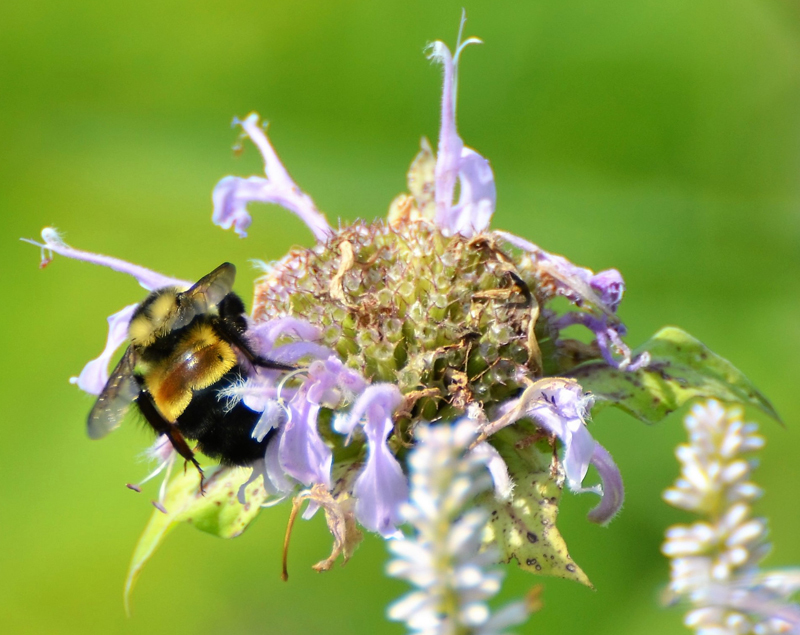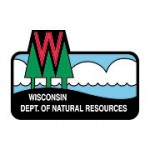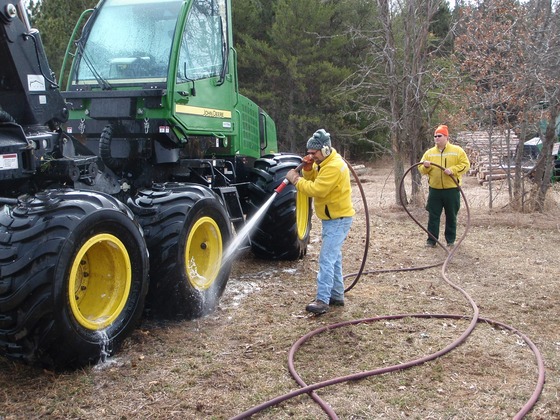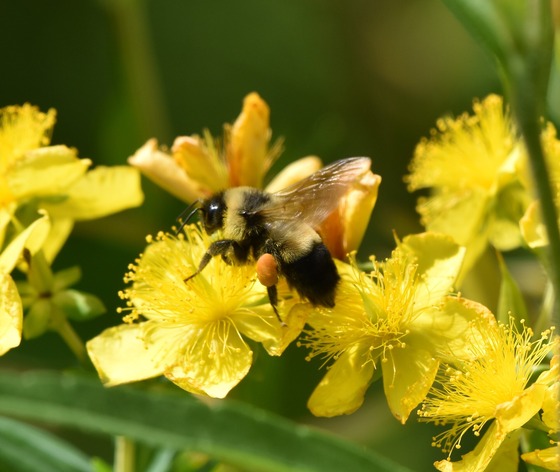Help Butterflies, Bees And Other Pollinators During Pollinator Week
Celebrate Wisconsin’s Native Pollinators By Creating Habitat And Volunteering

Help endangered pollinator species, like the rusty patched bumble bee, by volunteering and creating healthy habitats. / Photo Credit: Wisconsin DNR
MADISON, Wis. – The Wisconsin Department of Natural Resources (DNR) encourages Wisconsinites to help native pollinators during Pollinator Week, June 17-23, and throughout the rest of the summer and fall.
“There’s a special connection between our native pollinators and the natural areas that make Wisconsin so unique. The federally endangered Karner blue butterfly and rusty patched bumble bee are more abundant in Wisconsin than many other parts of the country,” said Jay Watson, DNR insect ecologist. “These endangered species as well as Wisconsin’s other native pollinators need our help. Getting trained as a volunteer or creating a healthy habitat for them in your backyard garden is a great place to start.”
In addition to supporting rare pollinators, flowering plants provide food to common pollinators, other insects, people and wildlife. They also support healthy ecosystems that clean the air and stabilize soil. Despite the importance of native pollinators, many are facing population declines.
Here are some ways Wisconsinites can help pollinators:
Tips For Gardeners
- Plant native plants and trees. Early blooming trees are an important food source for bumble bee queens emerging from hibernation and many other insects, which in turn provide food for birds and bats. Flowers that bloom throughout the growing season, like columbine, bee balm and goldenrod, fill your garden with colors for months while providing food to pollinators.
- Familiarize yourself with and plant native host plants for butterfly larvae that work with the sun and soil in your yard. Many butterflies depend on specific plants for their lifecycles, like common milkweed (monarchs), violets (meadow fritillary) or dill, fennel and parsley (black swallowtails).
- Provide water and shelter. Pollinators need water to drink and safe places to rest, avoid bad weather and spend the winter. You can maintain brush and leaf piles, avoid trimming hollow-stemmed plants through the winter and provide water such as a bird bath.
- Maintain a yard free from pesticides and herbicides. Insecticides can harm or kill pollinators, and herbicides can kill the plants they need to survive.
Volunteer And Support Opportunities
- Become a trained volunteer with the Wisconsin Bumble Bee Brigade, Wisconsin Karner Volunteer Monitoring Program or Monarch Larva Monitoring Project.
- Sign up for the State Natural Areas Volunteer Program. Volunteers clear brush, remove invasive species and collect native seeds.
- Support pollinator conservation efforts with a donation to the Endangered Resources Fund.
NOTE: This press release was submitted to Urban Milwaukee and was not written by an Urban Milwaukee writer. While it is believed to be reliable, Urban Milwaukee does not guarantee its accuracy or completeness.
























